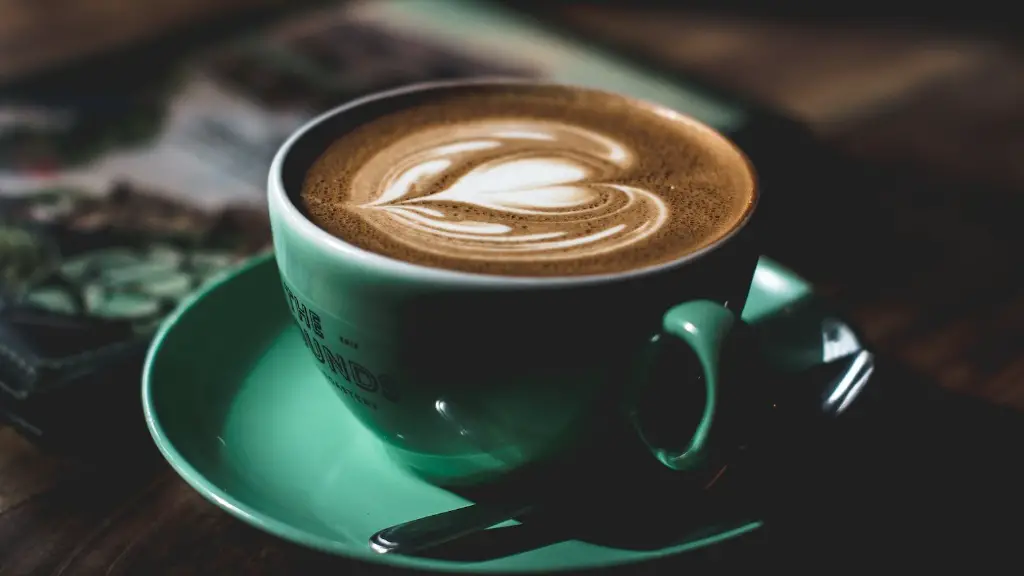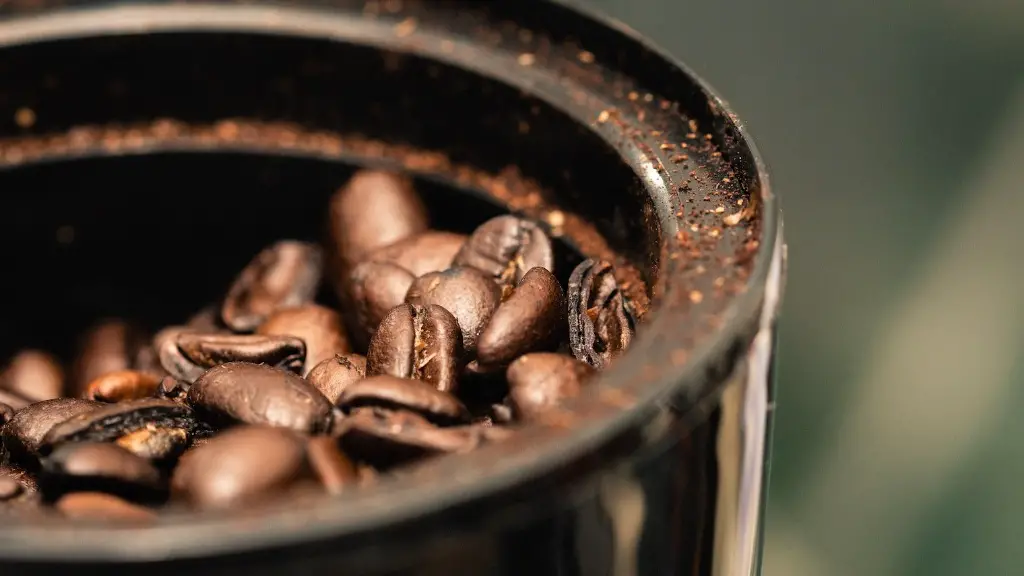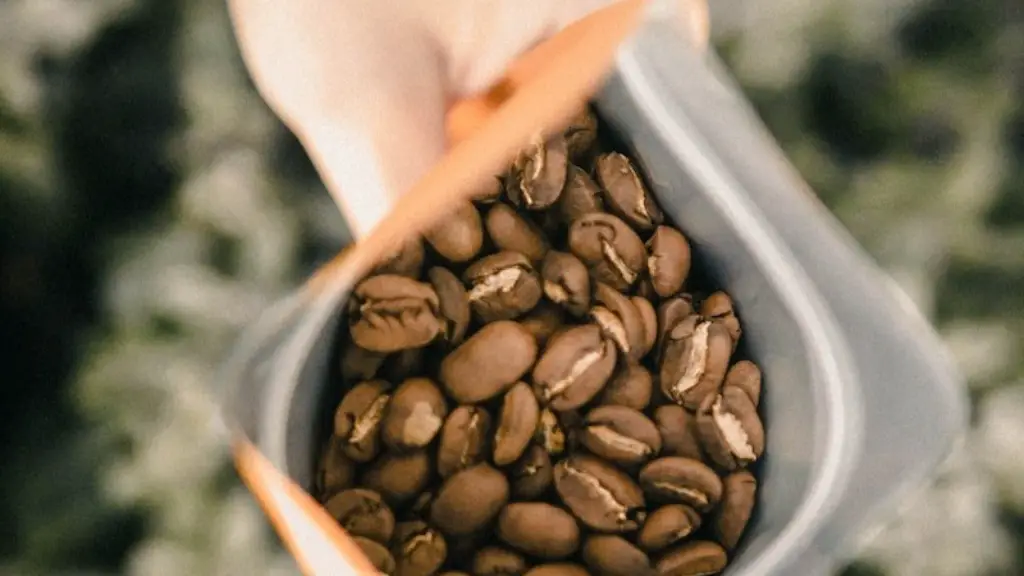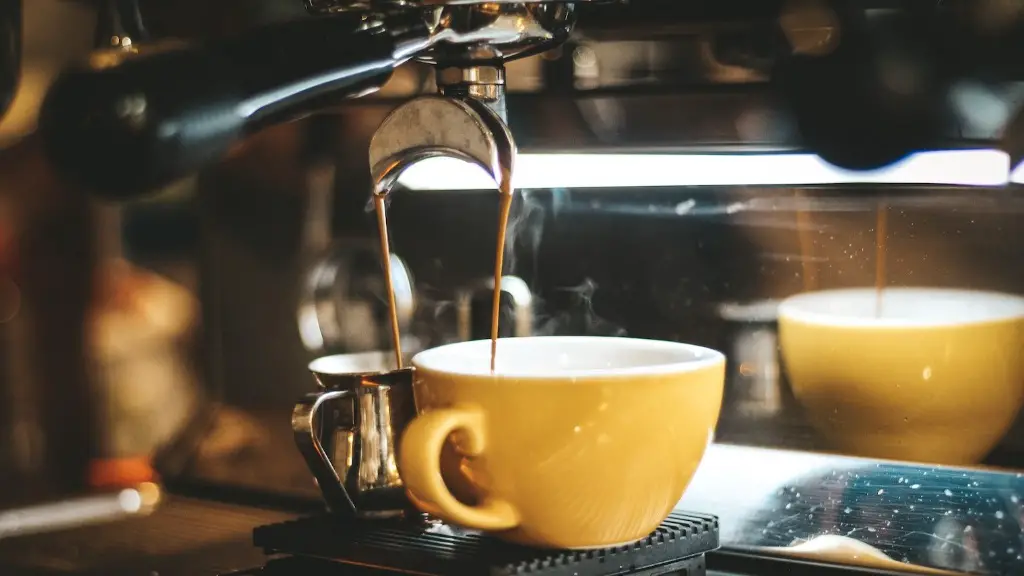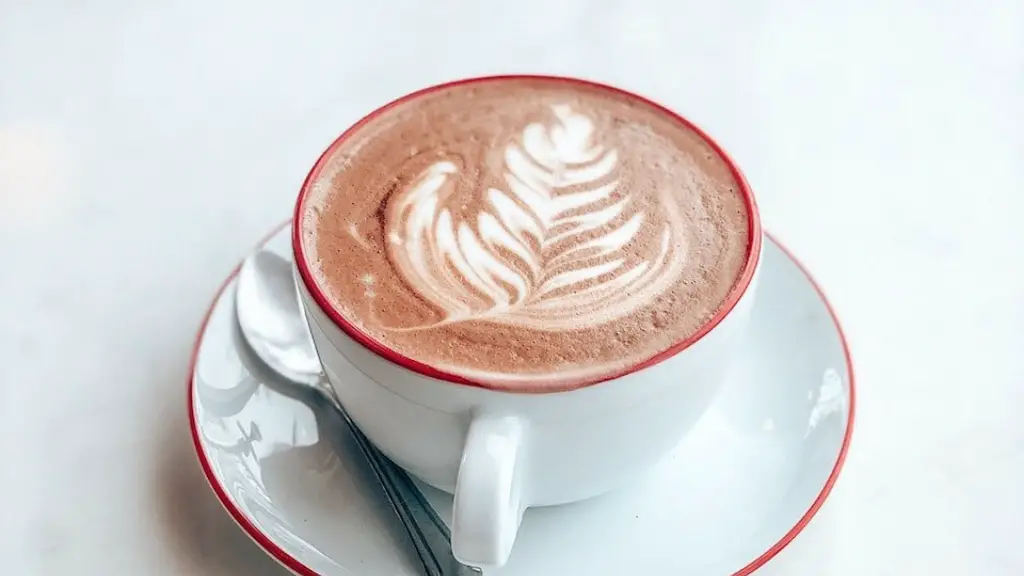Modern energy drinks are now widely consumed. An increasing number of young people consume energy drinks believing they will give energy and alertness. Some energy drinks contain caffeine and other ingredients that can cause negative effects on health. These drinks can contain high amounts of sugar and calories, and are often falsely advertised as healthy alternatives to coffee.
Coffee has been around for centuries, but energy drinks are a relatively new phenomenon. Coffee is usually consumed as a hot beverage, while energy drinks are typically consumed cold, providing an enjoyable taste that is generally favored by younger people. Coffee is naturally produced from the roasted beans of the plant Coffea Arabica. It contains caffeine, tannins and antioxidants. Energy drinks, on the other hand, are artificially created beverages made with ingredients like taurine, guarana, ginseng, and sugar. They often have more caffeine than coffee.
To examine the effects of energy drinks and coffee, researchers at the University of British Columbia conducted a survey of young adults. The results of the survey showed that energy drink consumption was linked to a decrease in mental health and increased risk of physical disease. The researchers also found that moderate coffee consumption was beneficial to mental health and cardiovascular health. The study concluded that it is better to consume coffee than energy drinks, as energy drinks can be detrimental to physical and mental health.
Coffee consumption is also thought to have other positive effects on the body. Regular coffee consumption has been shown to improve cognitive function and memory, boost energy and alertness, and reduce the risk of Type 2 diabetes. Coffee has also been linked to a reduced risk of depression and certain types of cancer. Energy drinks, on the other hand, are associated with an increased risk of dehydration, muscle cramps, and heart palpitations.
When it comes to caffeine content, energy drinks may seem to provide more than coffee. While coffee is generally considered to have more caffeine than energy drinks, the amount of caffeine in each beverage can vary significantly. Some energy drinks may contain up to twice as much caffeine as coffee, while some brands of coffee may contain nearly twice as much caffeine as energy drinks. Energy drinks may have other ingredients that can cause side effects, such as taurine, guarana, and ginseng, that coffee does not.
Overall, both energy drinks and coffee come with their own risks and benefits. While energy drinks may be appealing to certain individuals, they can cause a variety of negative side effects, such as dehydration, muscle cramps, heart palpitations, and an increased risk of Type 2 diabetes. Coffee, on the other hand, has been linked to improved cognitive function, boosted energy and alertness, and a reduced risk of depression and certain types of cancer. Therefore, it is generally advised that coffee is the better option for those who are looking to get an energy boost.
Amount of Sugar
The amount of sugar in energy drinks and coffee can vary significantly. Many energy drinks and specialty coffees contain large amounts of added sugar, while some energy drinks contain no sugar at all. Studies have shown that high sugar consumption is linked to an increased risk of obesity, type 2 diabetes, and heart disease. Therefore, it is important to be mindful of the amount of sugar in coffee and energy drinks when making a purchase or consumption decision.
When comparing energy drinks and coffee in terms of sugar, it is important to consider the type of beverage being consumed. Some coffees, like lattes and cappuccinos, can contain high amounts of added sugar, while regular coffee does not contain added sugar. Energy drinks, on the other hand, often have high amounts of added sugar. Therefore, it is important to be mindful of the ingredients in each beverage when making a decision about which beverage to consume.
It is also important to consider the amount of natural sugar present in each beverage. While coffee typically does not contain any natural sugar, some energy drinks can contain high amounts of natural sugar, such as from fruit juice. Therefore, it is important to read the label of any energy drink when making a purchase to determine the amount of natural sugar present.
Overall, energy drinks and coffee can be enjoyed in moderation. However, it is important to be mindful of the ingredients and overall nutritional value of each beverage when making a decision. While energy drinks can be appealing due to their taste and perceived energy boosting properties, they can contain high levels of sugar and caffeine that can lead to negative health outcomes. Coffee, on the other hand, can provide various health benefits, and is generally considered a healthier option.
Price
When comparing energy drinks and coffee in terms of their cost, there is no clear-cut answer. The cost of any beverage will depend on the variety and the place of purchase. Generally speaking, energy drinks tend to be more expensive than coffee, due to the added ingredients and flavoring. Specialty coffees, such as lattes and cappuccinos, can be more expensive than energy drinks, but regular coffee is typically cheaper.
It is also important to consider the cost per serving when comparing energy drinks and coffee. Some energy drinks and coffees are packaged in single-serving containers, while others are sold in bulk containers. Bulk containers of energy drinks and coffee can provide a more cost-effective option, but single-serve containers can be more convenient.
When it comes to convenience, energy drinks are typically more convenient than coffee. Energy drinks are generally easier to find, as they are widely available in stores and vending machines. Coffee, on the other hand, may require more effort to be prepared and transported. Additionally, some places may not serve coffee, while energy drinks are usually available.
Overall, energy drinks and coffee come with their own pros and cons when it comes to cost and convenience. Energy drinks are generally more expensive than coffee, but may be more convenient to access in certain locations. Coffee can be cheaper and is widely available, but may require more effort to prepare and transport. In the end, it is important to consider the cost and convenience of each beverage before making a decision.
Formulation
An important distinction between energy drinks and coffee is their formulation. Coffee is naturally produced from the roasted beans of the plant Coffea Arabica, which contains caffeine, tannins, and antioxidants. Energy drinks, on the other hand, are artificially created beverages that are formulated with ingredients like taurine, guarana, ginseng, and sugar. The ingredients used to formulate energy drinks may provide certain benefits and effects, such as increased energy and alertness.
The formulation of energy drinks also affects their taste. They usually have a sweet and fruity flavor, which is generally favored by younger people. Coffee, on the other hand, is usually consumed as a hot beverage, and tends to have a bitter taste. Some specialty coffees, such as lattes and cappuccinos, come with added flavors to make them more palatable.
When it comes to the effects of energy drinks and coffee, the formulation of the beverage can make a difference. Coffee is generally considered to have more caffeine than energy drinks, but the amount of caffeine can vary significantly depending on the brand and type of coffee. Energy drinks may also contain other ingredients that can cause side effects, such as taurine, guarana, and ginseng, that coffee does not.
Overall, energy drinks and coffee have different formulations that affect their taste, cost, availability, and effects. Both beverages can provide an energy boost, but coffee is generally considered to be a healthier option. It is also important to consider the formulation of each beverage when making a decision about which one to consume.
Nutrition
The nutritional value of energy drinks and coffee can vary significantly. Coffee tends to have minimal nutritional value, as it is naturally produced from the roasted beans of the plant Coffea Arabica, which contains caffeine, tannins, and antioxidants. Energy drinks, on the other hand, are often loaded with sugar and calories and can be artificially flavored with added ingredients like taurine and guarana.
When comparing energy drinks and coffee in terms of their nutritional value, it is important to consider the type of beverage being consumed. Some coffees, like lattes and cappuccinos, can contain high amounts of added sugar, while regular coffee does not contain added sugar. Energy drinks, on the other hand, often have high amounts of added sugar. Additionally, some energy drinks may contain artificial sweeteners, while coffee usually does not.
It is also important to consider the amount of natural sugar present in each beverage. While coffee typically does not contain any natural sugar, some energy drinks can contain high amounts of natural sugar, such as from fruit juice. Therefore, it is important to read the label of any energy drink when making a purchase to determine the amount of natural sugar present.
When examining the nutritional value of energy drinks and coffee, it is important to consider the type of beverage being consumed and the amount of added and natural sugars present. Energy drinks can be appealing due to their taste and perceived energy boosting properties, but they can contain high levels of sugar and caffeine that can lead to negative health outcomes. Coffee, on the other hand, can provide various health benefits, and is generally considered a healthier option.
Ingredients
When comparing energy drinks and coffee, one important factor to consider is the ingredients used in each beverage. Coffee is naturally produced from the roasted beans of the plant Coffea Arabica, which contains caffeine, tannins, and antioxidants. Energy drinks, on the other hand, are artificially created beverages that are formulated with ingredients like taurine, guarana, ginseng, and sugar.
The additional ingredients used in energy drinks may provide certain benefits and effects, such as increased energy and alertness. However, consuming energy drinks can also have a number of negative side effects, such as dehydration, muscle cramps, and heart palpitations. It is also important to note that energy drinks can contain high levels of sugar and caffeine, which can be detrimental to health.
When comparing energy drinks and coffee in terms of ingredients, it is important to consider the type of beverage being consumed. Some coffees, like lattes and cappuccinos, can contain high amounts of added sugar, while regular coffee does not contain added sugar. Additionally, some energy drinks may contain artificial sweeteners, while coffee usually does not.
Overall, energy drinks and coffee have different ingredients and formulations that affect their taste, cost, availability, and effects. While energy drinks can be appealing due to their taste and perceived energy boosting properties, they can contain high levels of sugar and caffeine that can lead to negative health outcomes. Coffee, on the other hand, can provide various health benefits, and is generally considered a healthier option.
